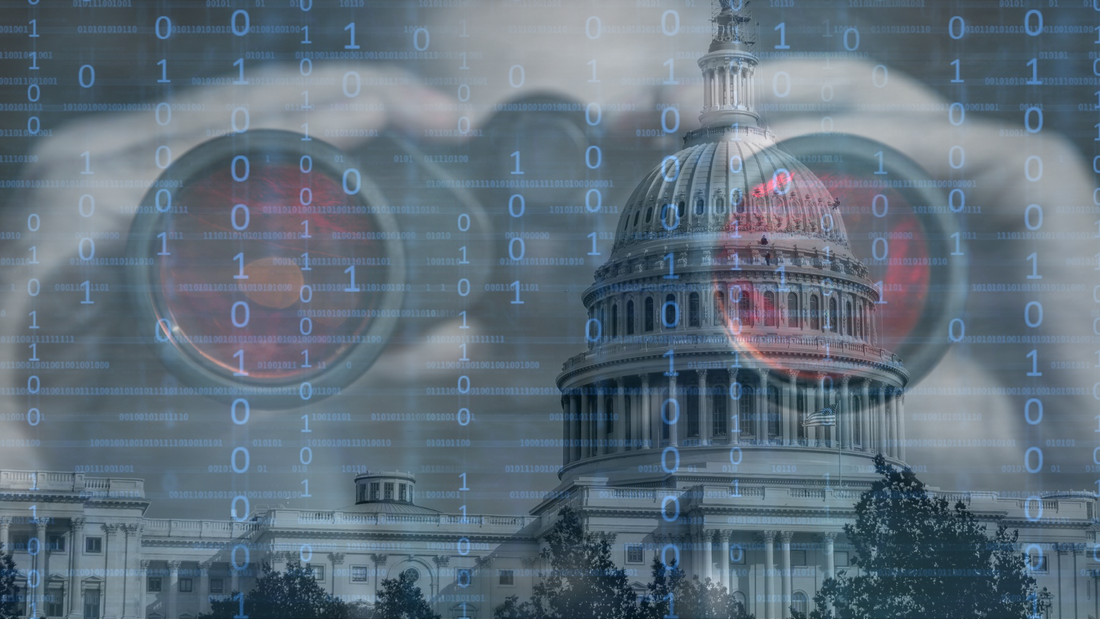|
Carolyn Iodice of Clause 40 Foundation has penned a brilliant analysis and history of the Foreign Intelligence Surveillance Act (FISA), a worldly examination of how that law operates in practice. Briefly put, FISA is a statute that is often treated by the government not as law that must be obeyed, but as a potpourri to mask the stench of illicit surveillance.
Iodice begins her paper with a report issued earlier this year by Sens. Ron Wyden and Martin Heinrich that the CIA has secretly gathered Americans’ records as part of a warrantless bulk data collection program. This program, the senators noted, works “entirely outside the statutory framework that Congress and the public believe govern this collection, and without any of the judicial, congressional, or even executive branch oversight that comes with FISA collection.” To enter the world of FISA is to enter Alice’s Wonderland where agency general counsels talk backwards and agency chiefs assert six impossible things before breakfast. Iodice makes a bold statement in the beginning that the rest of her paper validates: “In the context of FISA, the government has succeeded in violating the law by using implausible interpretations of statutory language and even by evading the statute entirely. Of course, it’s not uncommon for the executive branch to overstep its statutory authorities, but if FISA is understood to be legally binding on the government’s surveillance activities in the same way that, for instance, the EPA’s authority to set national air quality standards is granted and defined by the Clean Air Act, then the flagrancy and frequency of the government’s unlawful surveillance activities is puzzling. If FISA—a law duly passed by Congress and signed by the president—sets legal rules for surveillance programs, why does the government keep flouting them?” Unlike with the Clean Air Act, she explains, with FISA there is no agreement where the lines exist between legislative, judicial, and executive authority. Worse still, there is a lack of agreement how far executive authority can be extended when national security is invoked. The need for the Fourth Amendment’s requirement for a probable cause warrant in criminal cases is clear, even if that principle is often now observed in the breach. But the Supreme Court has not supplied much guidance on how the Fourth Amendment applies to operations within the United States that are for intelligence purposes. The rest of Iodice’s paper tracks the steady weakening of FISA in the post-9/11 world. This paper is a timely primer for what promises to be a key surveillance debate: By the end of next year, FISA’s Section 702 must be reauthorized or expire. Section 702 grants the intelligence community the authority to surveil foreign intelligence targets. While Fourth Amendment protections prevent Americans from being targeted, the law allows the communications of Americans to get swept up in “incidental” collection. This loophole has been extended to whatever width or shape the government needs to do whatever it wants. Iodice concludes that if Congress reasserted its authority, or the courts resolved the Fourth Amendment and separation-of-powers issues in FISA, then FISA would operate more like a statute should. In the meantime, civil liberties champions in Congress need to be deadly serious about holding up reauthorization of Section 702 if demands for serious FISA reforms are not met. Comments are closed.
|
Categories
All
|


 RSS Feed
RSS Feed